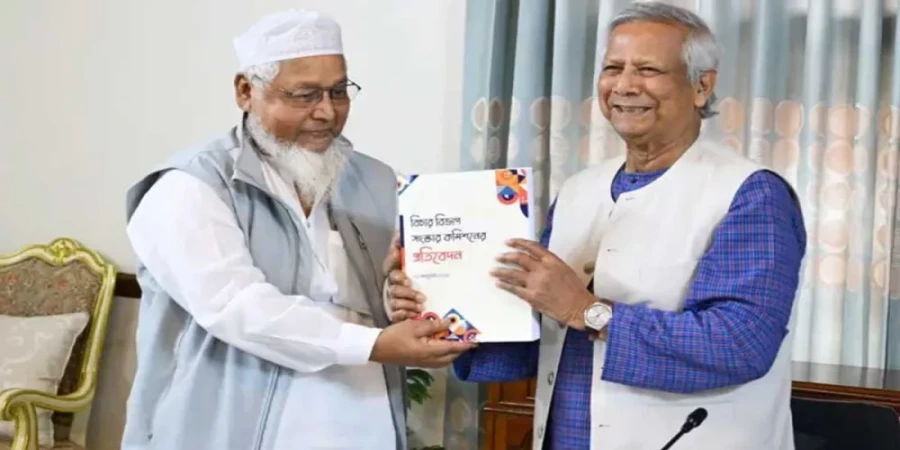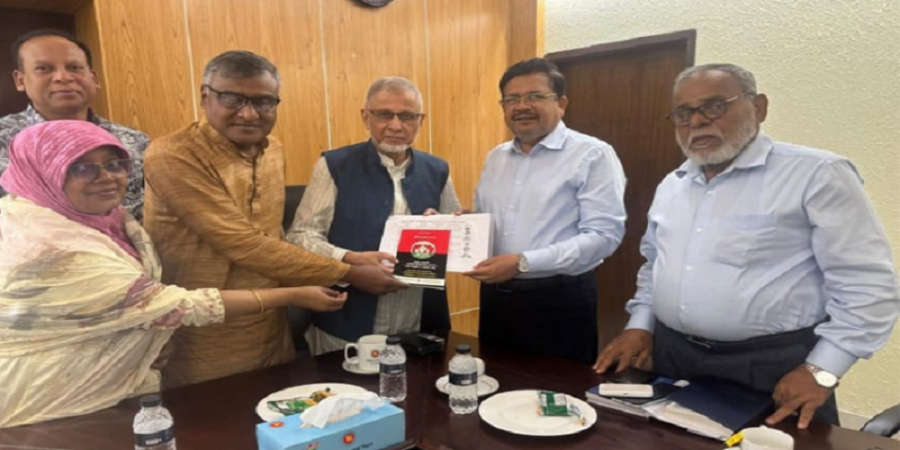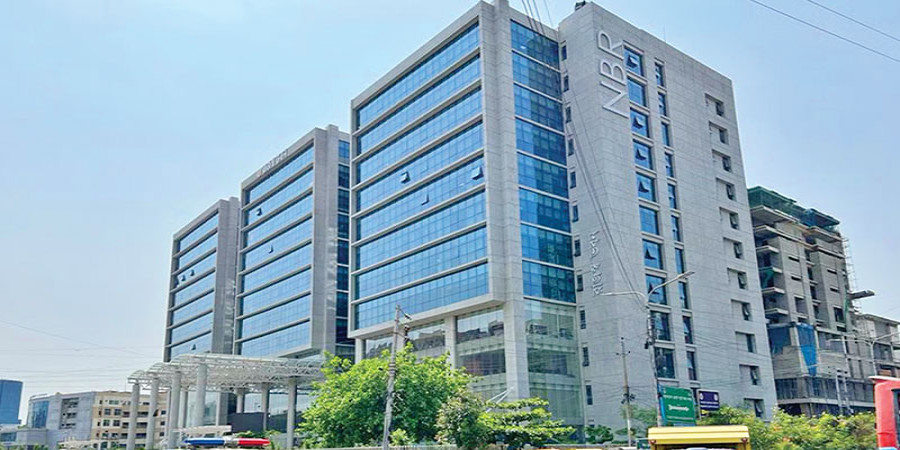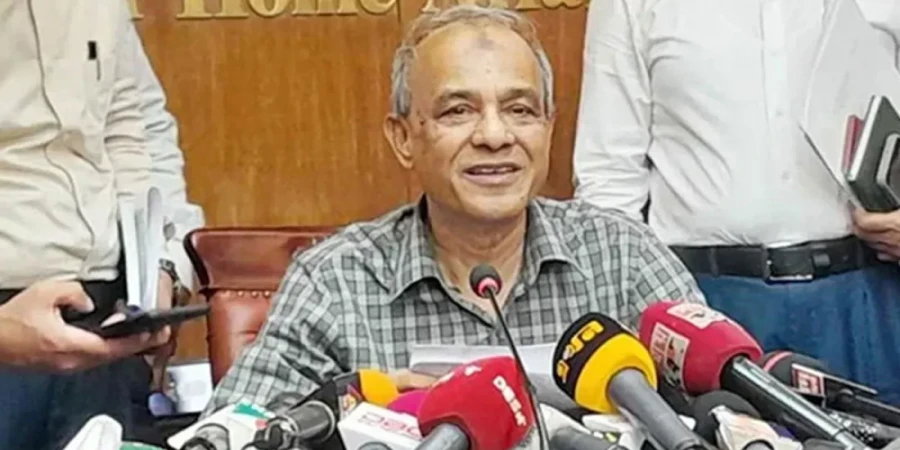
ছবি: Photo: Collected
The Judicial Reform Commission has proposed significant changes to the exercise of presidential clemency in Bangladesh, recommending the establishment of a review board to regulate and guide decisions concerning the pardon of convicted individuals. The recommendation is part of a broader package of reforms aimed at enhancing transparency and accountability within the justice system.
The proposal was formally handed over on Wednesday, February 5, to the Chief Adviser by the commission, which is led by former Appellate Division Justice Shah Abu Nayeem Mominur Rahman. Following the submission, a summary of the commission’s recommendations was circulated to the media by the Chief Adviser’s press wing.
The clemency reform is listed as the sixth item among a total of 28 proposals. The commission emphasizes the need to bring checks and balances to the presidential prerogative granted under Article 49 of the Constitution, which allows the head of state to pardon individuals convicted by the courts.
Under the new proposal, a dedicated board would be constituted to evaluate clemency applications and make recommendations to the president. The commission suggests that any final decision on granting a pardon should be based on the board’s advice, thus introducing a structured review process that reduces the possibility of unilateral or politically influenced decisions.
The report cites the potential for controversy and misuse surrounding the unrestricted clemency powers currently held by the president or executive authority. It reflects growing public concern over past instances where pardons were perceived to be granted for political reasons rather than on humanitarian or judicial grounds.
One such instance occurred in 2011 when then-President Zillur Rahman pardoned AHM Biplob, a man convicted and sentenced to death for the murder of Nurul Islam, a local BNP leader in Lakshmipur. Biplob was the son of Awami League politician Abu Taher. The decision drew significant criticism and sparked widespread debate over the impartiality and accountability of presidential pardons in politically sensitive cases.
The proposed reform aims to minimize such controversies by ensuring that all clemency cases undergo a rigorous and transparent review process. The commission believes this will enhance the integrity of the justice system and reinforce public confidence in legal and executive institutions.
While the president’s authority under the constitution would technically remain intact, the implementation of the commission’s proposal would effectively create a safeguard mechanism that limits discretionary power in the matter of pardons. The nature, composition, and operational procedures of the recommended board were not detailed in the public summary but are expected to be outlined further in the full report.
The broader reform agenda submitted by the commission covers various aspects of the judicial system, focusing on procedural efficiency, institutional independence, and legal reform. It is part of a long-standing demand from civil society, legal professionals, and international observers to ensure that the judiciary remains free from undue influence while maintaining fairness and accessibility.
As of now, there has been no official response from the Office of the President regarding the proposal. However, legal analysts believe that if implemented, the recommendation could lead to a landmark shift in the relationship between the judiciary and the executive, especially in matters involving life-and-death decisions or politically sensitive convictions.
The clemency recommendation, while still in the proposal stage, is likely to provoke further discussion within government, legal, and academic circles. It remains to be seen whether the proposed reforms will be adopted in full or modified during the legislative or administrative review process. Nonetheless, the commission's report marks a significant step toward institutional reform in Bangladesh’s legal landscape.
repoter






